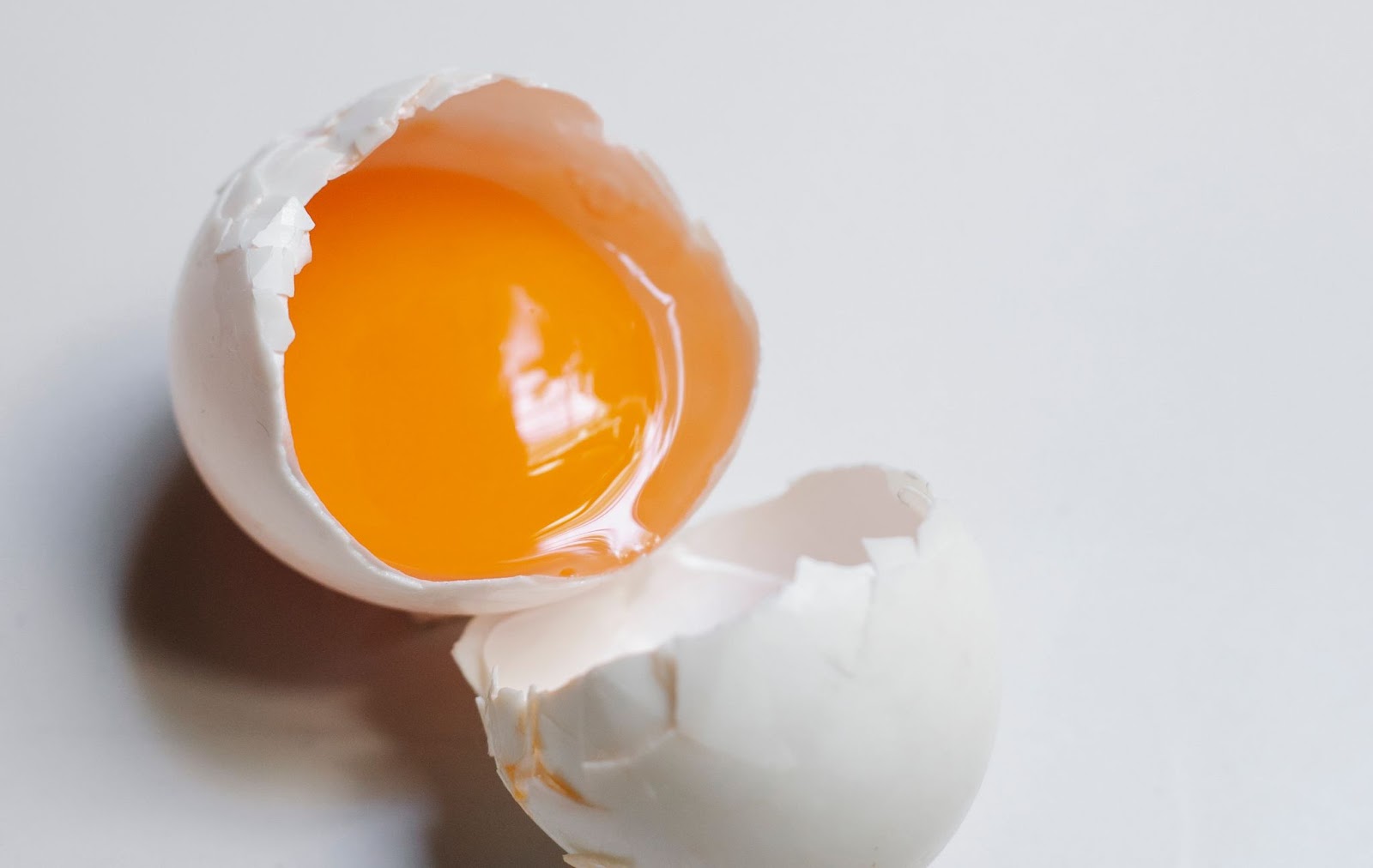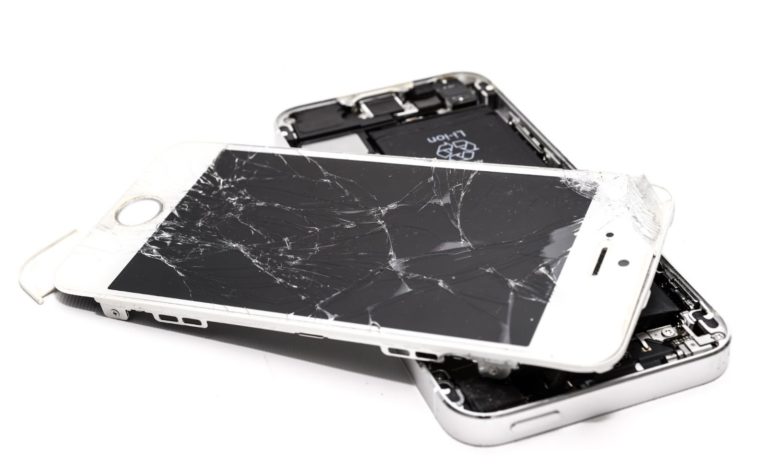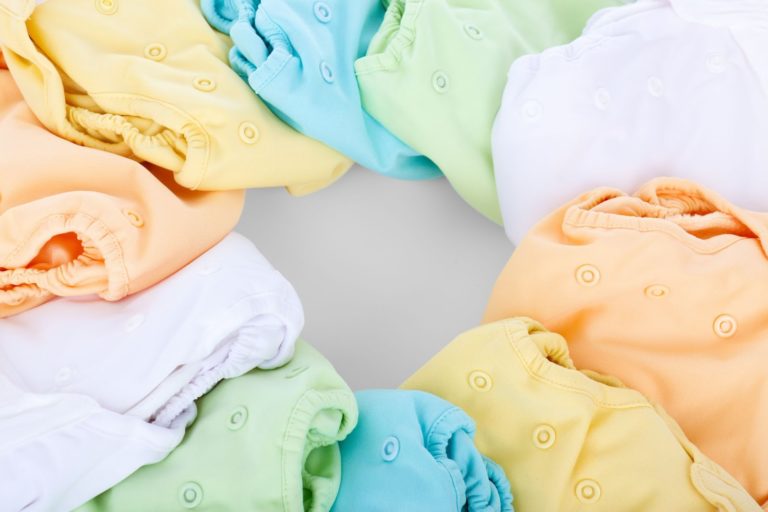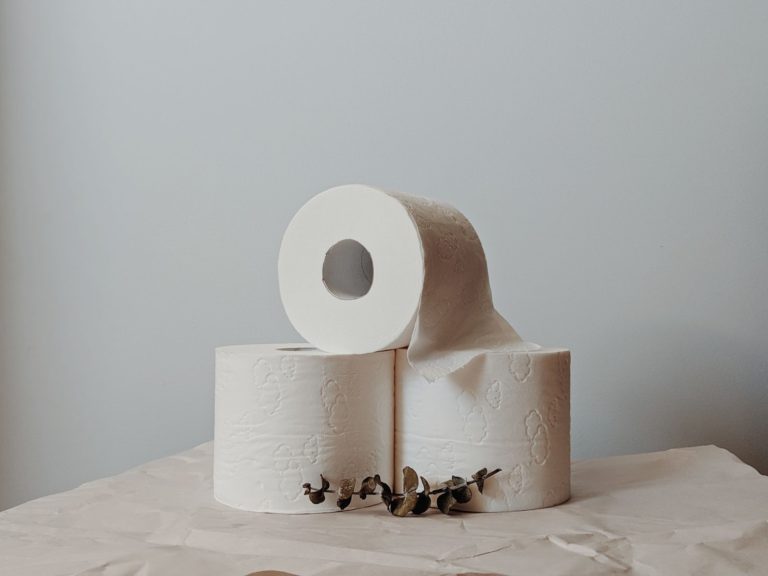How to Dispose of Rotten or Expired Eggs!
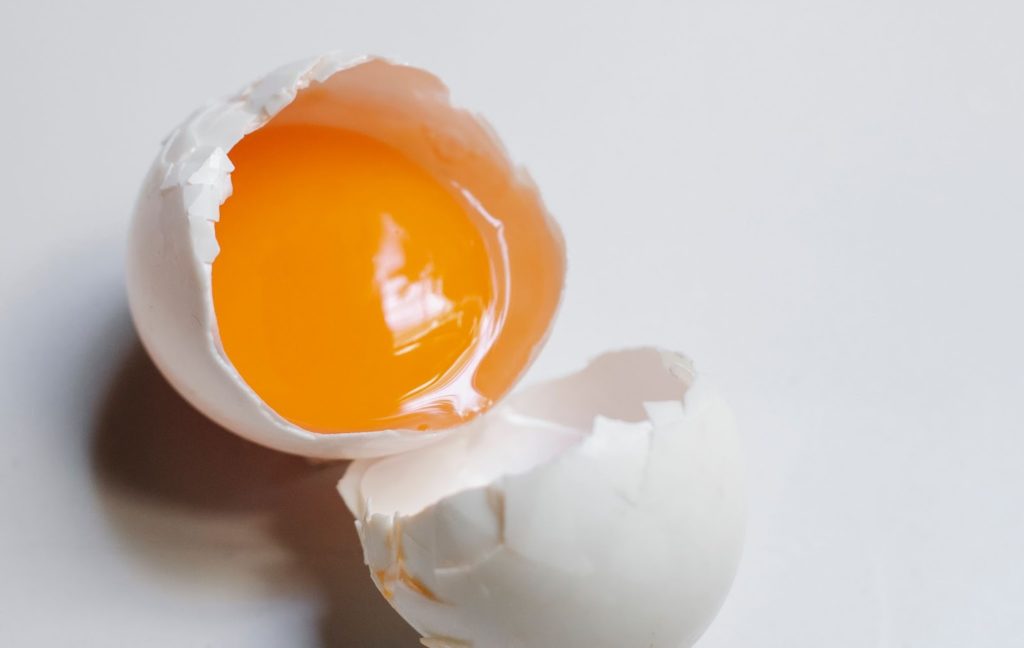
Have you ever had a carton of eggs that went bad before you could use them all? Or found a hidden, forgotten egg in the back of your fridge that’s long past its expiration date? If so, you’re probably wondering how to dispose of rotten or expired eggs.
While you may not want to eat them, there are actually many uses for rotten eggs. For example, you can use them to make homemade fertilizers or cleaning solutions. You can also use them as bait for fishing or as a natural pest repellent.
So, before you throw out your next rotten egg, consider some of these alternative uses. And, if you’re still not sure how to dispose of them, read on for some tips.
How to check a Rotten Egg?
The float test is the most accurate way to tell if eggs have gone rotten.
- Put water in a big bucket. It ought to be big enough to accommodate each test egg completely.
- Carefully drop each egg into the water from the big spoon. Two or three eggs at most should be tested at a time.
- The egg is excellent and safe to eat if it settles on its side and stays there.
- To determine whether an egg is ready for hard boiling, place it in cold water and observe its behavior.
- If the egg floats, it’s probably spoiled.
The interior of eggs is porous, and these spaces fill with air over time. Additionally, eggs contain Sulfur, which over time transforms into hydrogen sulfide. Together with air, this gas enables your eggs to float in water. So keep reading to find out what to do with them.
Garbage Disposal
Putting eggs that have gone bad or are still uncooked in the disposal of your garbage disposal is the safest option.
The contents of your rotten eggs should be broken up and thrown down the waste disposal. Keep in mind that you should not flush the shells down the toilet as they have the potential to clog and even break your pipes.
Eggs are subject to specific regulations on storage from the FDA. They suggest consuming eggs that have been hard-boiled within one week of boiling them, and eggs that have been frozen within one year.
Even if the eggs haven’t reached their sell-by date yet, you are required to throw away those that have changed color or smell significantly different than normal.
Throw away the eggs in Trash
If you only have a few eggs that have gone bad, you can toss them in your green waste bin along with the rest of your spoiled food waste without worrying about any health consequences.
Imagine, though, that you work on a farm and that you have 300 eggs that aren’t good.
It does not appear possible to dispose of such a substantial number of eggs in the garbage. In this scenario, the approach involving the waste disposal should be utilized.
Try Composting
Every year, millions of pounds of eggs are thrown away because they’ve gone bad. The best way to dispose of rotten eggs is to throw them away in the trash. However, if you have a lot of rotten eggs, you may want to consider composting them. Composting is a great way to reduce waste and help your garden grow.
- Here’s how to compost rotten eggs:
- First, collect the rotten eggs in a container.
- Next, add some water to the container.
- Then, add some soil to the container.
- Finally, add some worms to the container.
- Leave the container for a few weeks.
- After a few weeks, you can add the compost to your garden.
Composting is a great way to dispose of rotten eggs. It’s easy to do and it’s good for the environment.
What Else Can You Do with Them?
Let’s check out some other ways to use bad/expired eggs.
First things first: Check the Egg
Even though eggs that have passed their expiration date may still contain some nutrients, it is best to dispose of them after conducting an inspection.
To determine whether or not an egg can still be used, simply crack it open in a bowl or cup before making your determination. It should resemble an egg in both appearance and aroma.
Throw aside the egg immediately if you discover any pink, green, or other unusually colored contents within it.
These hues point to the presence of a bacterial illness. By carrying out this test, you will be able to identify any spoiled eggs that may be stored in your refrigerator and get rid of them before they endanger the quality of the remaining ingredients.
Use it for your plants
After determining that the eggs in question are still good to eat after conducting an inspection, you can put them to good use as a plant fertilizer by incorporating them into your garden bed or compost pile.
Calcium, which is found in high concentrations in eggs, is an element that is essential for the growth of plants, particularly edible fruits and vegetables. They will leach the calcium into the soil, making it available for absorption by the roots and so preventing problems such as blossom end rot.
Use it On Yourself
Conduct a first sniff test on yourself if you do not have any qualms about using stale eggs on your body. Then, if they don’t have an unpleasant odor, you may incorporate them into your hair or skin care routine by combining them with yogurt or blending them with fruits.
Use it For Your Pets
If the eggs do not have an off-putting odor or color, you should be able to utilize them in the preparation of a meal for your pets, including your feline or canine offspring. Eggs, similar to how they are for humans, can be a good source of nutrition for them.
What to Do With Empty Egg Carton Boxes
Cardboard is widely used for egg carton production and distribution in the United States. Instead of tossing them away in the trash, you can recycle them like any other cardboard.
Cardboard egg cartons can also be added to the compost heap. In a short amount of time, they’ll break down into a nutrient-dense soil amendment that you may use on your plants.
Before you throw cardboard boxes into the compost bin, make sure you break them up. Then, add some water to your dry compost pile to speed up the decomposition of the cardboard.
Make sure your empty cartons are free of any food or liquid before recycling them. Reusing an egg carton that has been contaminated by food residue makes it unusable for recycling.
Bottom Line: How to increase the shelf-life of eggs?
It’s a bad idea to waste food, so we should learn how to store it. The vast majority of individuals will either keep their eggs at room temperature or in the fridge.
Around two weeks if stored at room temperature. They will keep for about four weeks in the fridge. If you don’t plan on using all your eggs within that period, you’ll have to find another way to keep them fresh.
If you won’t use all of your eggs before they spoil in the fridge, freezing them is a good option. You have to start with getting the eggs ready to eat. Scrambled is the greatest form for freezing, in my experience.
Put the scrambled eggs in freezer bags and seal them up tight. Put them in the freezer and date them as of today. There is a three-month shelf life for your eggs.
